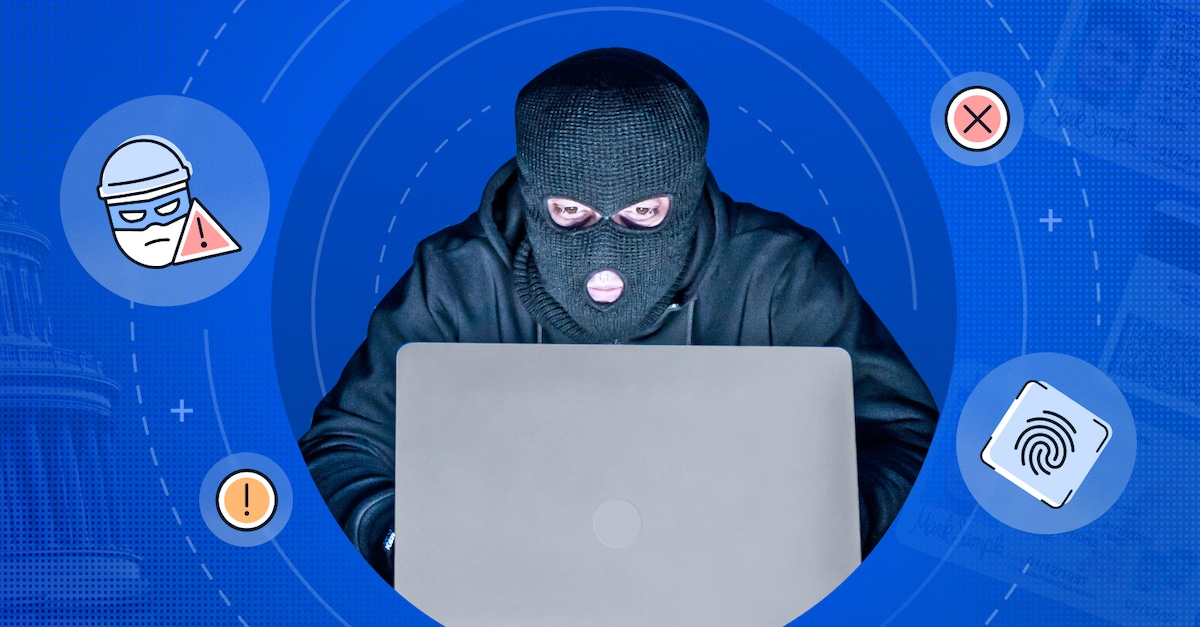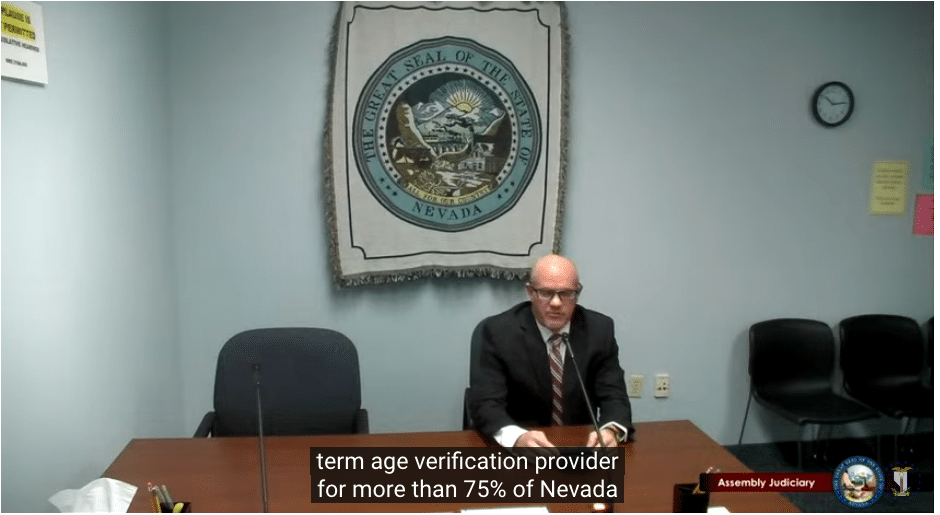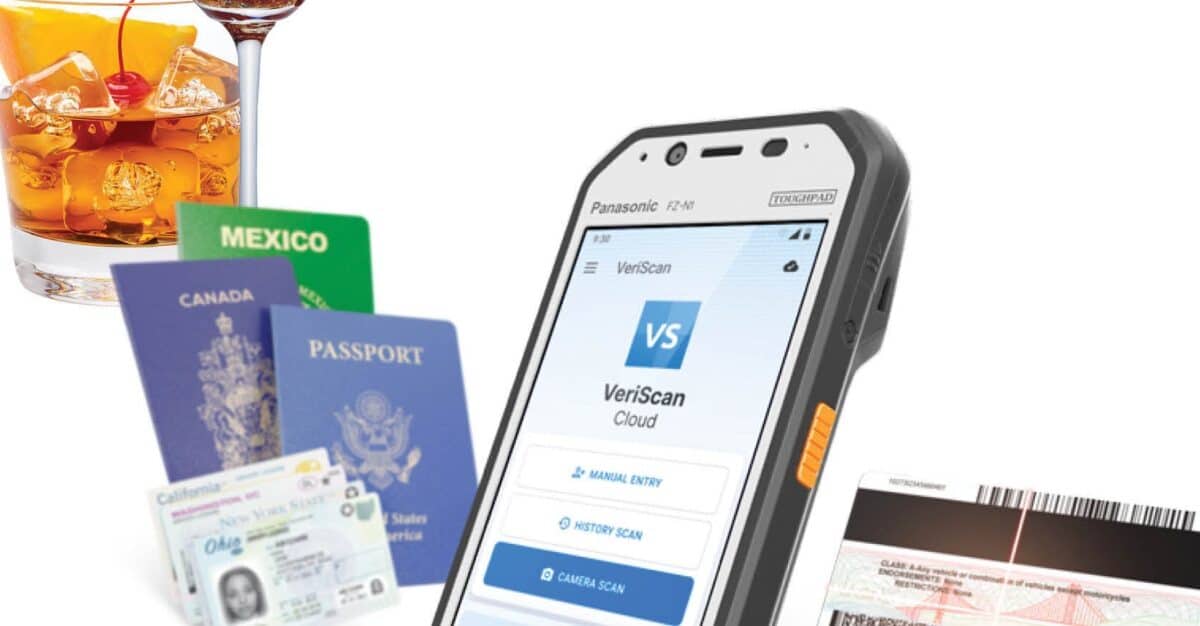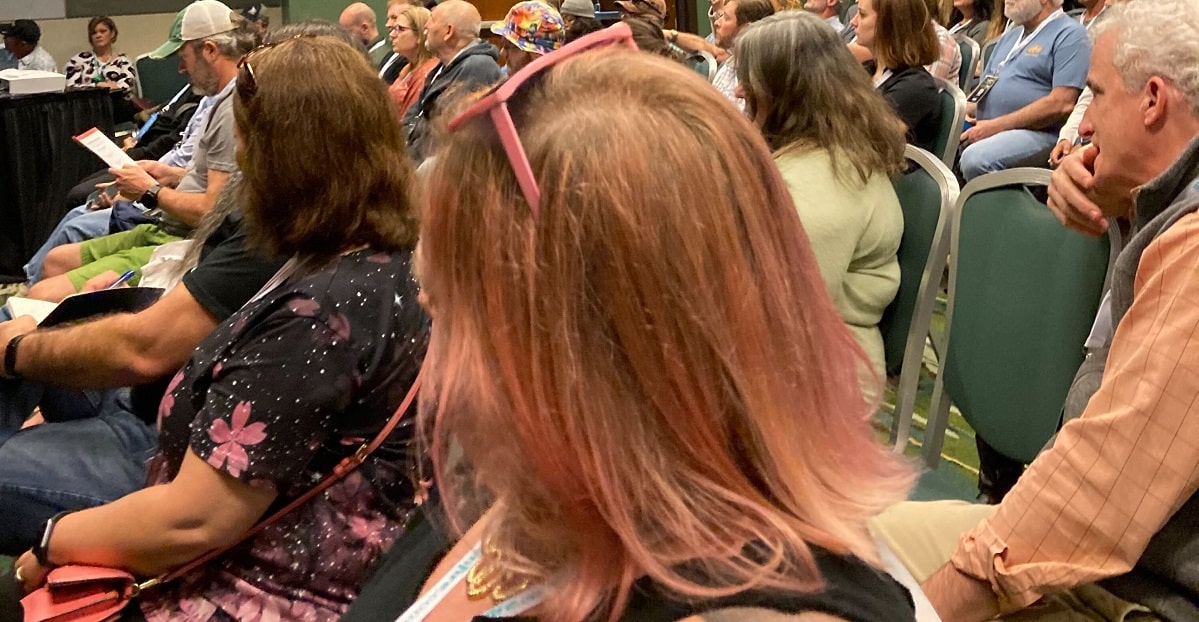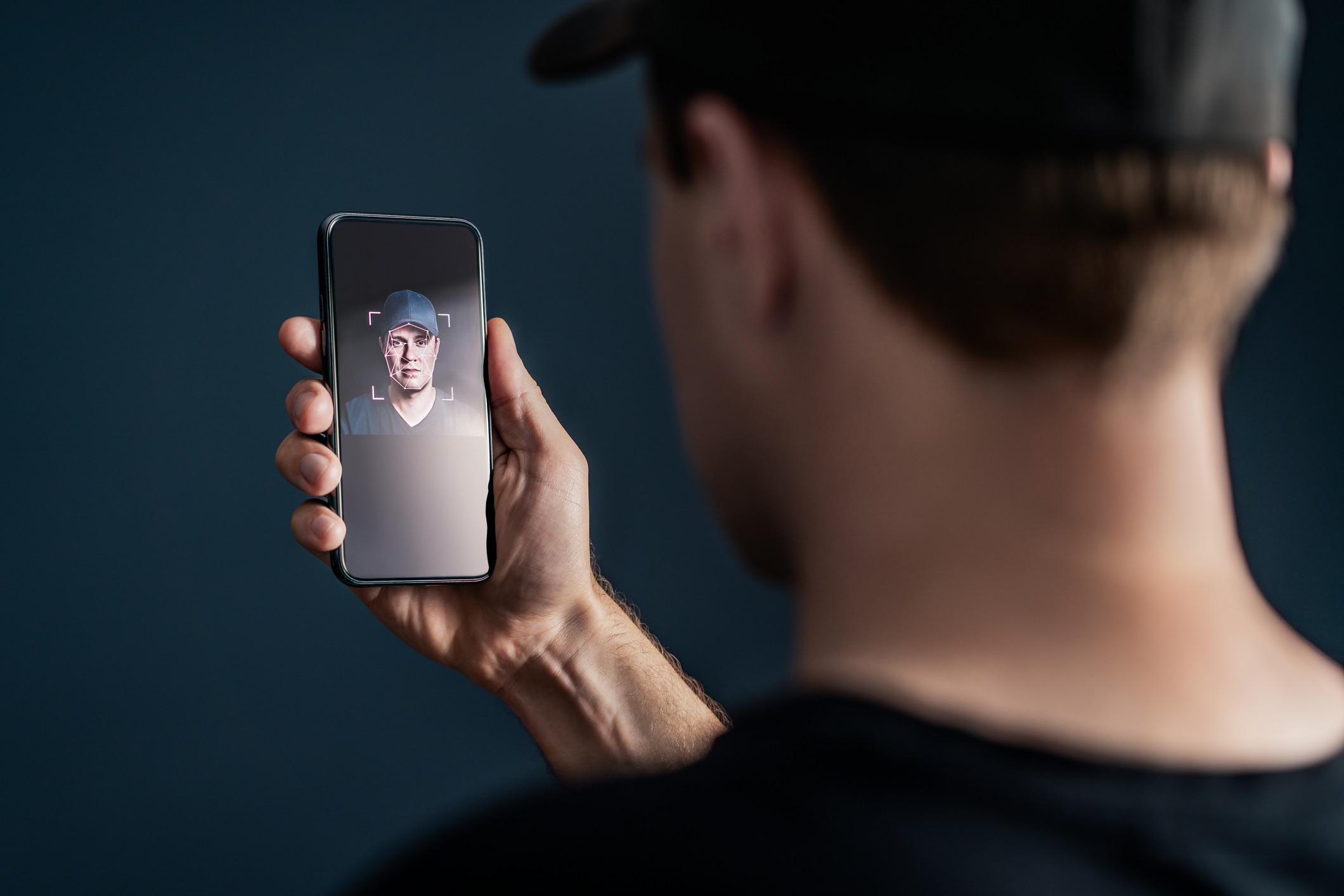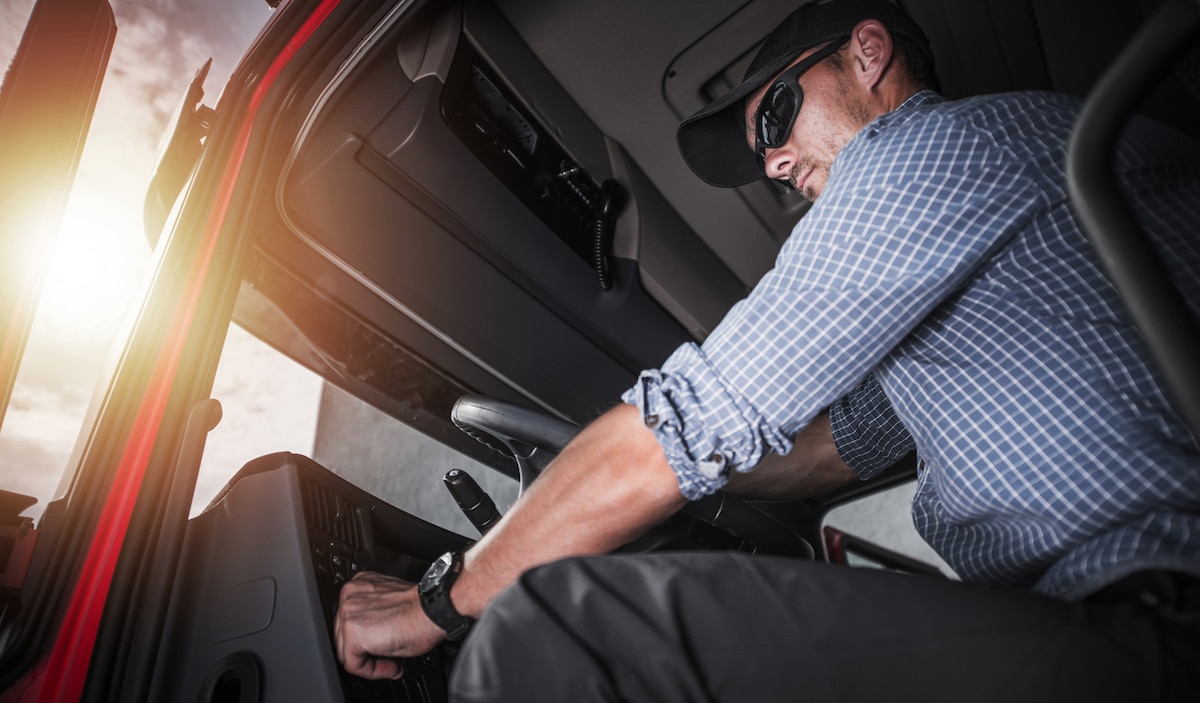IDScan.net
Industry News
-
Top identity verification trends for 2024 – digital IDs, eCommerce age verification legislation, and growing sophistication of fake IDs.
-
With the recent $15M settlement regarding the Murdaugh case, the importance of ID scanning and age verification has again become a hot topic.
-
Overview of the Digital Identity Act, legislation aimed at creating a national standard for identity verification to reduce fraud.
-
IDScan.nets testimony to the Nevada legislature on Bill AB342, which attempts to require third party checks for dispensary age verification.
-
Panasonic confirmed publicly on February 24, 2023 that it will be divesting from its entire Android portfolio, including the FZ-N1 TOUGHBOOK handheld ID scanner.
-
MS is the hottest state in the South when it comes to the growing cannabis industry. Here are the top 10 takeaways from Cannacon Biloxi.
-
As of January 1, 2023, Nevada will require ID scanning for tobacco purchases. Retailers must digitally scan IDs to prevent underage sales.
-
IDScan.net attended the 2022 Thales ID Experience, and we learned a lot. Read more about what we learned and the importance.
-
Learn about New York State’s newest law that would allow for biometric scanning at businesses before any alcohol or tobacco purchases.
-
IDScan.net CTO Andrey Stanovnov discusses trends for 2022 and beyond regarding digital identity verification.
